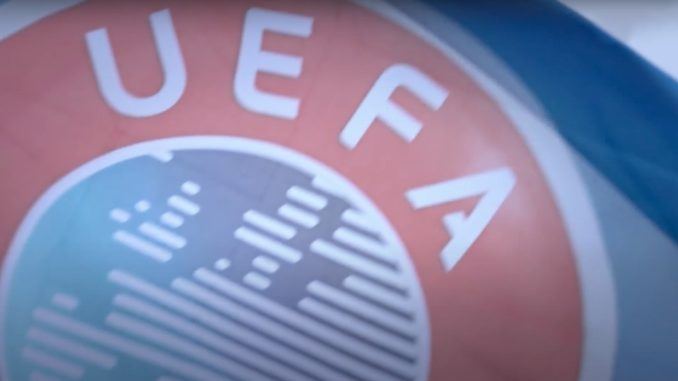
UEFA are reportedly scrapping the financial fair play regulations and they are set to replace it with a new system of financial control, according to senior journalist Tancredi Palmeri. The new system will allow clubs greater freedom to spend in the transfer market.
UEFA introduced the financial fair play regulations back during 2010-11 season to curb spending power of clubs chasing immediate success in favour of long term sustainability. The law ensures that a club should not spend more than what they earn.
Bigger European clubs like Real Madrid, Barcelona, Chelsea, Manchester City and Paris Saint Germain spending huge sums of money in the transfer window and as salary of their players. It seems that UEFA have now decided to bring an end to the system. The clubs will get more get freedom over their spending.
It will be interesting to see how the change in the system affects European football over the coming years.
Financially loaded clubs like Manchester City, Chelsea and Paris Saint Germain will be able to sign top-class players without the fear of being punished.
It could end up widening the gap between the top clubs and the mediocre ones.
Clubs with limited resources are struggling to compete with the financial behemoths as it is and the scrapping of the financial fair play will only widen the gap.
The top clubs are thought to be chasing the likes of Erling Haaland and Kylian Mbappe this summer and the scrapping of the financial fair play rules could help them pull off such mega-money transfers.
Barcelona superstar Lionel Messi and Juventus’s Cristiano Ronaldo could be on the move as well this summer after his contract expires with the Spanish giants and the increased financial freedom could allow the top clubs to shell out massive wages for the Argentine.
UEFA is reportedly scrapping Financial Fair Play (FFP) and will replace it with a new system of financial control which will give clubs more freedom over their spending.
